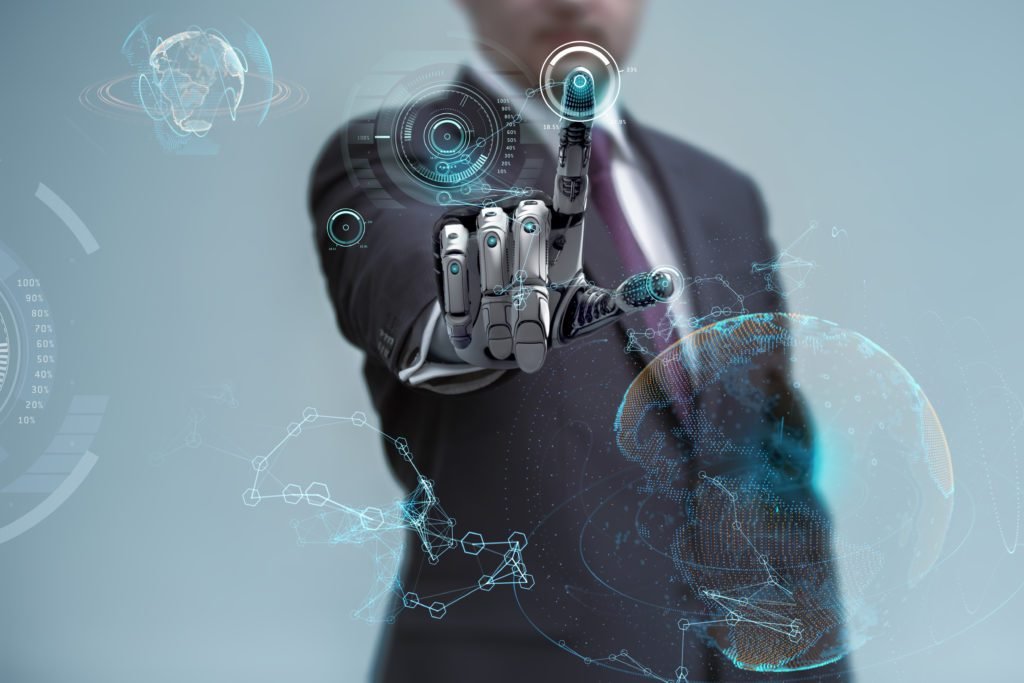Artificial Intelligence is the ability of machines to take action or make decisions on their own without human supervision. AI fundamentally tries to emulate the intelligent behavior of human beings and handles tasks similarly, if not in a more efficient manner.
Artificial Intelligence is also attributed to being faster and being unbiased (unless training data is biased). AI, Deep Learning, and Machine Learning power a lot of services and products we use in our day-to-day life.
Implementations of AI
Here are some implementations of AI:
- Autonomous Vehicles: Autonomous Vehicles such as Teslas are AI-driven and are able to avoid collisions and navigate around with ease with the help of various sensors such as LiDAR and cameras.
- Robots and Drones: Robots and Drones are becoming autonomous with the help of AI and now do not require human supervision or a human remotely controlling these machines.
- Chatbots: Chatbots are smart response systems that are great implementations of AI-powered by NLP or Natural Language Processing. Chatbots are becoming smarter and cannot be distinguished from real human beings soon.
- Virtual Assistant or Voice Assistants: Virtual Assistants and Voice Assistants such as Cortana, Siri, or Google Assistant are all powered by AI and learn from our actions as well as data from users worldwide to make our digital experience better or to carry out tasks for us better.
- Sentiment Analytics: Sentiment Analytics use AI that is trained with the help of data that has been labeled with positive, negative, or any other custom sentiments. With the help of this and NLP, the software is able to determine the sentiment behind textual data, social media posts, or content.
- Search Engines: Search Engines such as Google and Yahoo are powered by AI as well to make searching for things easier and fetch the most relevant results. The AI models in Search Engines are trained to fetch related results as well.
- Smart Homes: Smart Homes used IoT (Internet of Things) devices and various sensors in devices such as phones and watches in order to provide homeowners with a better experience or a customized experience. For instance, setting the right temperature when the owner returns home or turning on specific lights when the user goes into a room. These smart homes can also be customized directly through mobile devices but owners can also decide to let them act autonomously.
- Predictive Texts and Spell-check: Predictive texts are spell-checking features that are also powered by AI that is trained using NLP models. These systems are added to software or devices to automatically detect grammatical errors or identify spelling mistakes. Devices, applications, and even services such as Gmail can now even predict the next thing you are about to say and offer suggestions to make one’s job easier.
- Media Recommendation Systems: Media recommendation systems are implementations of Machine Learning that powers services such as Netflix, Spotify, Youtube, and others. These AI implementations use a user’s video or audio history data and then suggest other media that the user might enjoy.
- Production and Manufacturing Automation Systems: AI empowers the automation of production and manufacturing. BPA or Business Process Automation helps in reducing cost and AI-backed machines help in making manufacturing more efficient than human workers.
How Mastering AI Helps You
Mastering AI can help one get very desirable job roles in MNCs such as Microsoft, Amazon, Google, or Netflix. One can learn AI topics with courses such as the Artificial Intelligence course in E&ICT Academy, IIT. The Artificial Intelligence course in E&ICT Academy, IIT is a great way to start your career in AI.

